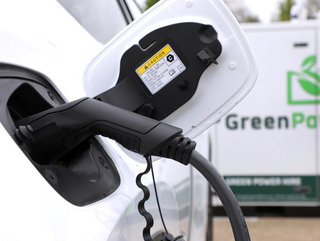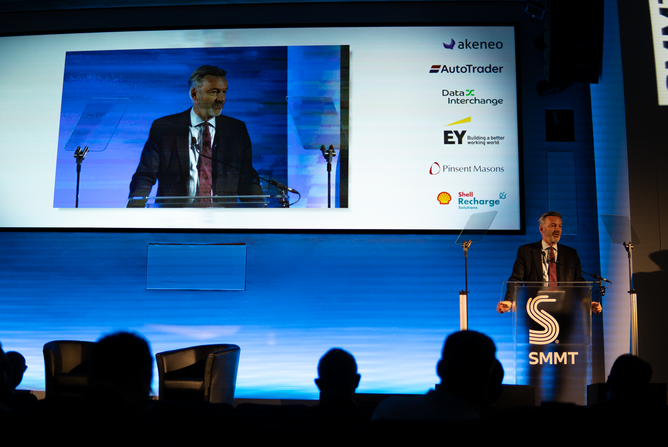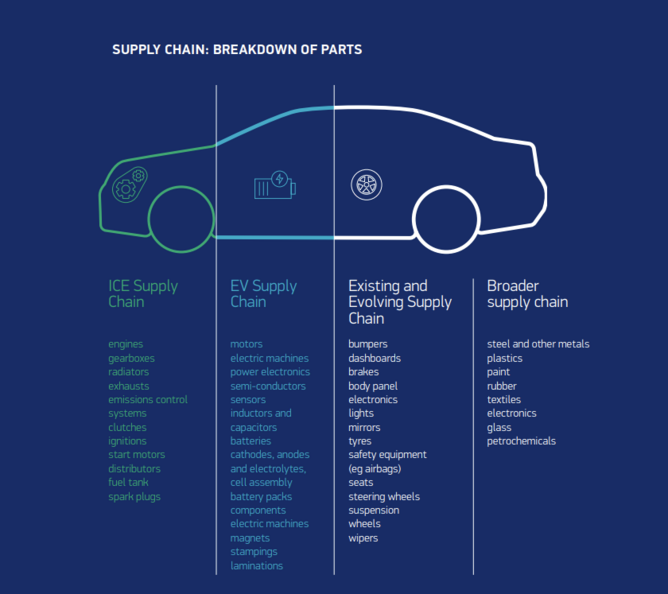SMMT showcases automotive leaders driving sustainability

Infrastructure is not yet ready to be supported by renewable energy and electric vehicles (EVs), but the organisations in the industry hold a rather large stake in its efforts to decarbonise. This will ultimately secure their economic success in the future while driving environmental, social and governance (ESG).
Meanwhile the rising costs of energy are hitting firms hard, particularly among British automotive manufacturers that are preparing for the £90bn increase in energy bills, which has been brought to the attention of the Society of Motor Manufacturers and Traders (SMMT). This will be a result of the 50% rise in costs spurred on by shortages, which overshadow the economy during a vulnerable period that is intended for the new era of renewable energy adoption.

At the SMMT’s International Summit, representatives from leading organisations came together to discuss the current state of play in the industry and how this translates into a sustainable future for the automotive sector.
The event also marks the release of its latest report, ‘From Full Throttle to Full Charge’, which we had the pleasure of attending at the Institution of Technology and Engineering, London. The report outlines some of the key details of the current automotive landscape and the potential for supply chains to positively impact the way the industry responds to current events. With around 123,500 jobs at risk across 5,000 British firms, the SMMT is calling all motor manufacturers and traders to action.
“From [COVID-19] impacts to component shortages, supply chain disruption to trade uncertainty, and regulatory change to rising inflation, the challenges facing this sector are immense. Nevertheless, addressing the UK’s high energy costs is the industry’s number one ask” says SMMT’s Chief Executive, Mike Hawes.
Overcoming automotive industry challenges to become sustainable
There are multiple challenges in need of addressing in the industry as it recovers from the coronavirus pandemic while adhering to the demands of the Paris climate agreement, and the demand for manufacturers to eliminate petrol and diesel cars from production. With supply chains struggling and automotive firms acquiring components ‘hand-to-mouth’ in current circumstances, EV adoption comes at a slower rate.

Not only is automotive subject to delays, but energy pricing is a concern as the UK experiences increased costs of electricity as well as petrol and diesel—owning and running a car in 2022 is proving to be expensive. This is where the SMMT advocates investment in the automotive sector as original equipment manufacturers (OEMs) and new EV organisations require more support to facilitate the switch to all-electric power.
“Help with energy costs now will help keep us competitive and be a windfall for the sector, stimulating investment in innovation, R&D, training – all reinvested in the UK economy. With the right backing this sector can drive the transition to net zero, supporting jobs and growth across the UK and exports across the globe,” says Hawes.
“Our plan, From Full Throttle to Full Charge, sets out how industry can work with the government to build a UK automotive ecosystem fit for a zero emission future. If there is the will, the effort and the action from the government, they will find it matched by that of the UK industry in investment and competitiveness.”
This is why leaders from the major automotive players in the UK came together to share their experiences in the market and discuss the next steps towards a net-zero future. Matt Windle, Managing Director at Lotus, spoke of the company’s latest ESG strategy, highlighting efforts to procure components for electrification, increase its production output to a full-electric product range, and empower the industry and increase the talent pool of engineers.
From the trucking industry, Laurence Drake, Managing Director at DAF Trucks UK, gave a unique perspective as heavy goods vehicles (HGVs) are some of the hardest machines to switch from fuel to electric. In this space, there is potential for other forms of power, including the use of green hydrogen and sustainable fuels like hydrotreated vegetable oil. Tim Slatter, Chair of Ford of Britain, also provided his views on how this change affects such a large corporation in the automotive world, which accounts for a vast majority of car sales in the UK and other countries.






